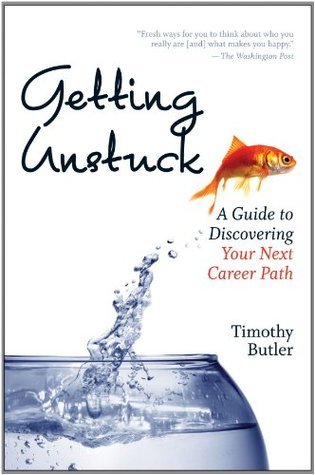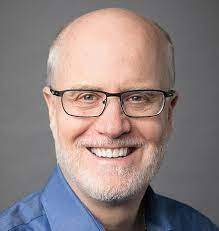What do you think?
Rate this book


224 pages, Kindle Edition
First published January 1, 2007

"This is a book about how impasse, like the Greek god Hermes, often appears in our lives as a herald, to let us know we must change. But it is also about vision. It is about how we find our way, again and again, from impasse to renewed meaning—at work, at home, with colleagues, and with family—and how we find a renewed sense of self in those aspects of our lives that bring both passion and satisfaction."
"My understanding of what we experience when we are stuck, and how we can get ourselves unstuck, has evolved out of more than thirty years of work as a social scientist, psychotherapist, and career counselor. I have worked at Harvard Business School and with people from a variety of organizations, from small startups to Fortune 500 corporations, as well as with individual executives during times of career transition. Some people have come to me when they have been let go or told that termination is imminent; others seek my counsel because they lack a sense of accomplishment in an otherwise stable and lucrative job or because they want to find more rewarding work. Whether consciously or not, they all come looking for meaning. As a result, I have focused much of my research on the “meaning of meaning”—on how individuals find a path to life situations that are satisfying and sustainable."